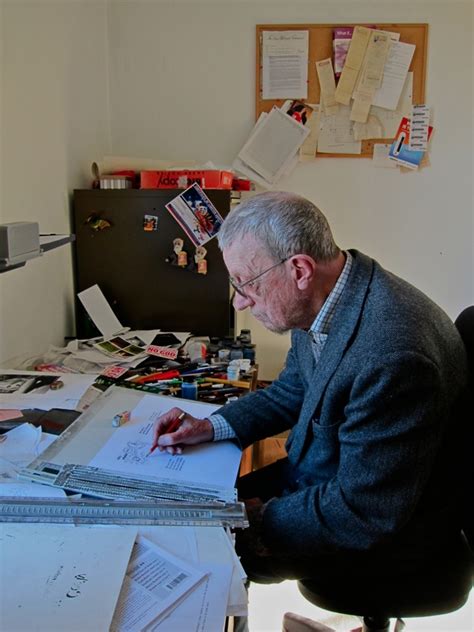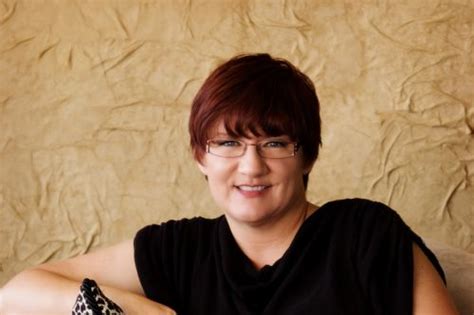A Quote by Murray Bookchin
I don't feel the individualist anarchists, particularly in the American tradition, including the Transcendental tradition of New England, in any way deserve the derogatory comments that are often made about them by the left. When one gets down to it ultimately, my anarcho-communism stems from a commitment to true individuality. My attempt to recover the power and the right of the individual to control his or her life and destiny is the basis to my anarcho-communism.
Quote Topics
About
American
American Tradition
Any
Attempt
Basis
Comments
Commitment
Communism
Control
Derogatory
Deserve
Destiny
Down
England
Feel
Gets
Her
His
Including
Individual
Individuality
Left
Life
Life And Destiny
Made
New
New England
Often
Particularly
Power
Recover
Right
Stems
Them
Tradition
Transcendental
True
Ultimately
Way
Related Quotes
If anarcho-communism served to regiment the population in the name of libertarian unity, if it served in any way through collectivist measures to deny the rights of the individual instead of reconciling the rights of the individual with the collective, I would definitely stand completely on the side of the individualist who is trying to rescue above all that most precious thing that makes us human - consciousness and personality.
Whether they [left in America are] anarcho-communists, anarcho-syndicalists, or libertarians who believe in free enterprise, I regard theirs as the real legacy of the left, and I feel much closer, ideologically, to such individuals than I do to the totalitarian liberals and Marxist-Leninists of today.
I hate extremes of any kind. Communism [seeks] the domination of the state over the individual... All my life I have stood against banning Communism or other extremist organisations because, if you do that, they go underground and it gives them an excitement that they don't get if they are allowed to pursue their policies openly. We'll beat them into the ground on argument...
Those who feel guilty contemplating "betraying" the tradition they love by acknowledging their disapproval of elements within it should reflect on the fact that the very tradition to which they are so loyal—the "eternal" tradition introduced to them in their youth—is in fact the evolved product of many adjustments firmly but delicately made by earlier lovers of the same tradition.
As someone who lived under communism for most of my life I feel obliged to say that the biggest threat to freedom, democracy, the market economy and prosperity at the beginning of the 21st century is not communism or its various softer variants. Communism was replaced by the threat of ambitious environmentalism.
I've always thought New Year's Day was an especially American tradition, full of the optimism and hope we're famous for in our daily lives -- an energy and confidence we call the American spirit. Perhaps because we know we control our own destiny, we believe deep down inside that working together we can make each new year better than the old.
The Soviets held to the tradition of colonialism. They raped the country and killed many people. But they also built dams, electrical power plants, streets, and technical schools. They were communists and had the same vision for Afghanistan that Stalin and Lenin had for the Soviet Union: Progress is communism plus electrification. And today? Today Kabul gets its electrical power from Uzbekistan, Herat from Iran and Jalalabad from Pakistan.






























